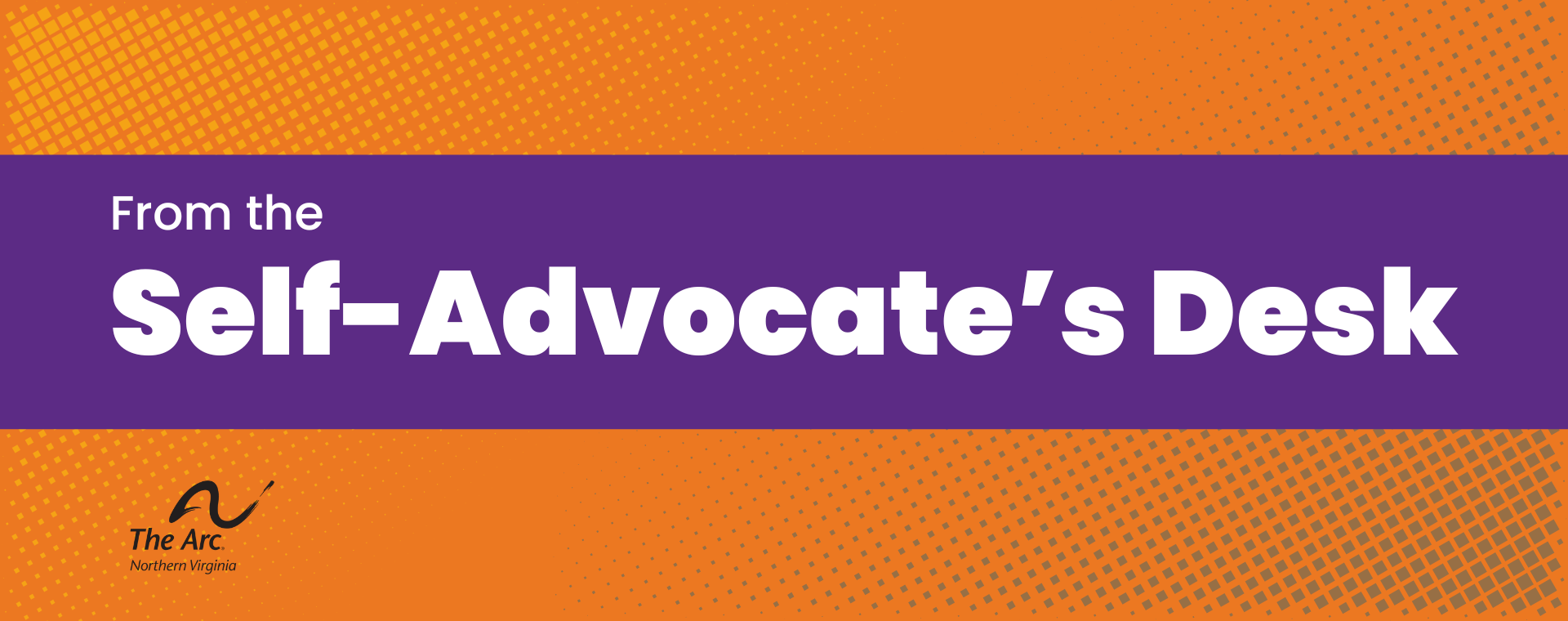Introduction: A Nation of Ideals and Incomplete Promises
Throughout its history, the United States has defined itself by a commitment to liberty, equality, and justice. These ideals, embedded within its founding documents, have guided generations of progress and reform. Yet even as the nation has advanced civil rights across race, gender, and orientation, one area remains conspicuously incomplete; the full recognition of the rights of persons with disabilities on a global scale.
The Convention on the Rights of Persons with Disabilities (CRPD), adopted by the United Nations in 2006, represents a landmark in the international effort to ensure dignity, inclusion, and equality for all people, regardless of ability. Despite its early leadership in drafting the treaty, the United States has yet to ratify it. This absence is not a reflection of disagreement with its principles, but rather a missed opportunity to reaffirm the very values the nation claims to champion.
Understanding the CRPD: A Framework for Dignity and Inclusion
The CRPD does not create new rights; it articulates existing ones through the lens of disability. Its purpose is to ensure that individuals with disabilities can participate fully in every aspect of life, from education and employment to political engagement and community living. It moves beyond charity and accommodation toward empowerment and equality.
By ratifying the CRPD, the United States would join over 180 nations in adopting a shared framework that promotes accessibility, challenges discrimination, and elevates the voices of people with disabilities worldwide. It would also formalize the U.S.’s ability to influence global policy through technical expertise, best practices, and innovation in accessibility standards.
The Personal Imperative: Lived Experience and Moral Responsibility
As a disability advocate, I have seen how policies, or the absence thereof, can profoundly affect lives. When systems are equitable, individuals with disabilities thrive as active contributors to their communities. When they are not, barriers multiply, and opportunities diminish.
Ratifying the CRPD is, therefore, not only a diplomatic act but a moral one. It acknowledges the lived realities of millions of Americans who continue to encounter obstacles in education, healthcare, housing, and employment. For advocates, self-advocates, and allies across the country, the treaty represents more than international alignment, it symbolizes validation. It affirms that disability rights are human rights, deserving of recognition, respect, and protection at every level.
Policy and Global Leadership: Restoring the United States’ Role
From a policy standpoint, the CRPD offers the United States a renewed platform for leadership. Having helped shape the treaty’s language, the U.S. possesses both the credibility and expertise to advance disability inclusion globally. Yet, without ratification, its influence in international forums remains limited.
Ratification would strengthen the nation’s moral authority in human rights diplomacy, empower its representatives to advocate for accessible development programs, and support cross-border collaboration in technology, education, and social inclusion. It would also provide a framework for aligning domestic practices, from transportation to digital accessibility, with the best international standards.
Furthermore, the CRPD serves as a mirror, encouraging each ratifying nation to evaluate its own progress. The United States, though advanced in disability legislation through the Americans with Disabilities Act (ADA) and related policies, still faces persistent inequities in employment, healthcare access, and independent living supports. Ratification would signal a commitment not to perfection, but to continual progress.
Dispelling Misconceptions: Sovereignty and Self-Governance
Opponents of ratification often raise concerns about sovereignty; the fear that international treaties could undermine U.S. law. Yet these concerns are largely unfounded. Ratification of the CRPD would not alter existing legislation or confer authority to foreign entities. Instead, it would affirm the nation’s commitment to its own values within an international context.
Just as the ADA revolutionized accessibility domestically, the CRPD provides a global standard that harmonizes these principles across borders. Ratification would not weaken the United States; it would strengthen its capacity to lead through example, ensuring that American innovation in accessibility and inclusion continues to inspire policy worldwide.
The Ethical Dimension: A Measure of National Character
Beyond law and policy lies the question of conscience. The measure of a nation’s moral progress is found not in its wealth or power, but in its willingness to uphold the dignity of its most marginalized citizens. By embracing the CRPD, the United States would reaffirm that disability rights are not an afterthought, but a fundamental aspect of human equality.
This act would honor the work of generations of advocates who have fought tirelessly to dismantle prejudice and promote understanding. It would also send a resounding message to the world; that America’s commitment to justice extends to all who call it home, and to all who look to it for leadership.
Conclusion: Toward a Future of Shared Humanity
The call for U.S. ratification of the CRPD transcends politics. It is not a question of left or right, but of right and wrong. Ratifying the Convention would bridge the gap between America’s ideals and its actions, reaffirming its role as a global leader in human rights and equality.
For millions of people with disabilities, in the United States and beyond, this is not a symbolic gesture, but a tangible step toward recognition, respect, and inclusion. It is an affirmation that dignity knows no borders, and that justice, to be just, must be universal.
In aligning its commitments with its conscience, the United States would not only strengthen its policies but also honor its promise, the promise that every individual, regardless of ability, has the right to live with freedom, opportunity, and dignity.
Thank you for taking the time to read and reflect on this important issue. Meaningful change begins with awareness; and awareness grows through dialogue, empathy, and shared commitment. Whether you are a policymaker, advocate, or ally, your engagement matters. By continuing to learn, speak, and act in solidarity, we move closer to a world where equality is not merely promised, but practiced.
Ian Allan
Self-Advocate for The Arc of Northern Virginia
Ian Allan is a self-advocate with a deep commitment to policy literacy, systems change, and disability justice. Through The Arc of Northern Virginia, he works to ensure that people with intellectual and developmental disabilities are not merely served by systems, but are actively shaping them.

